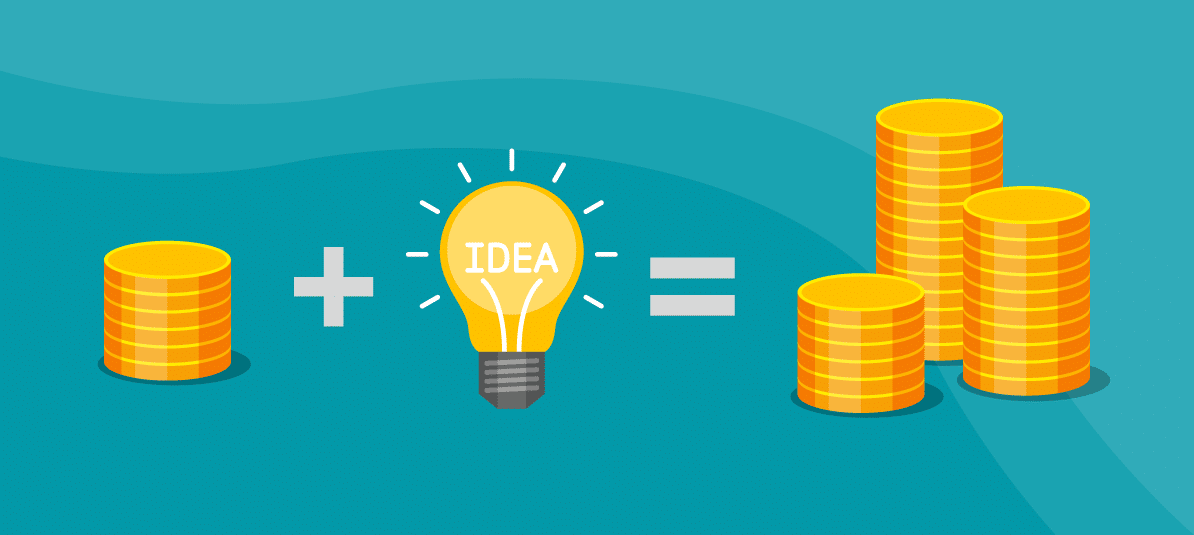Saving is not enough to secure your future

Saving is the foundation for good financial health. It is the first step towards insuring your future, but it may not be enough to make that future the way you want it to be.
“There is a limit to how much you can cut but there is no limit to how much you can earn”, claims Ramit Sethi in his bestseller “I will teach you to be rich”. Saving is necessary, but saving will only take you part of the way to the retirement you dream of and the time you want it to arrive.
Saving in itself has two very clear limits:
- There is a maximum amount of expenses you can reduce and others you will never be able to eliminate, such as electricity.
- Saving alone is not the most effective in the long run: it will only go as far as your ability to reduce your expenses.
To make it clearer, if you are able to save 150 euros every month for 35 years, at the end of that period you will have accumulated 45,000 euros, no more and no less. Is this really the case? Only in nominal terms. In real terms, you may not even reach that figure.
Want to know why? The answer lies in inflation, one of the two reasons why just saving and doing so in a regular checking account is not enough.
The two enemies of saving: inflation and opportunity cost.
Accumulating money in a savings account is better than not doing so, but it is also likely to be insufficient to secure the future you dream of in the medium and long term.
This way of managing your savings has two drawbacks with their own names, inflation and opportunity cost.
How inflation eats away at your savings
Inflation measures the increase in the cost of living, which is normally constant. If things cost more each year, this is because of inflation. The effect of inflation on money and savings is devastating: it causes them lose to value and purchasing power.
Your money is worth less and less because you can buy fewer and fewer things with it. You only have to think about what you could do with 1 euro 10 years ago and what you can do now. Back then, with 1 euro you could buy a coffee anywhere. Can you do that today? Not so easily, no.
To avoid this loss of purchasing power, companies usually update their employees’ salaries every year and the same happens with public pensions.
And what about your savings? If you are not able to make your own money go up at the same level as inflation, it will lose value every year. This is how inflation literally eats up your savings without you realizing it, and that is why it is considered to be the silent killer of your savings capacity.
Returning to the previous example, with those 150 euros that you save per month, you will have 45,000 euros in your account, but that money will be worth much less. How much less will depend on inflation.
Opportunity cost, what you do not earn
Every time you decide to stop doing something, you stop doing something else. In finance, this is called the opportunity cost.
Applied to your savings, it would be the money you stop earning when your savings are tied up in a current account or other product that does not offer you any kind of return.
What your savings lack in assuring your future and taking you where you want to go.
There is a solution to both of these problems: put your capital to work. In other words, go beyond savings and look for investment formulas suited to your objectives, investor profile and time horizon.
If you are able to achieve an adequate return on your savings, you will maintain your purchasing power over the long term and be able to meet your financial goals. This means you will secure your future.
Imagine that you continue to save those 150 euros a month and that, in addition, you achieve a sustained annual return of 2% discounting inflation. At the end of those 25 years you will have 58,807 euros, 13,807 euros more than if you had limited yourself to saving.
And the best thing is that that investment has no limits other than those set by your profile as an investor. This is how you can beat savings limits to insure your future.


